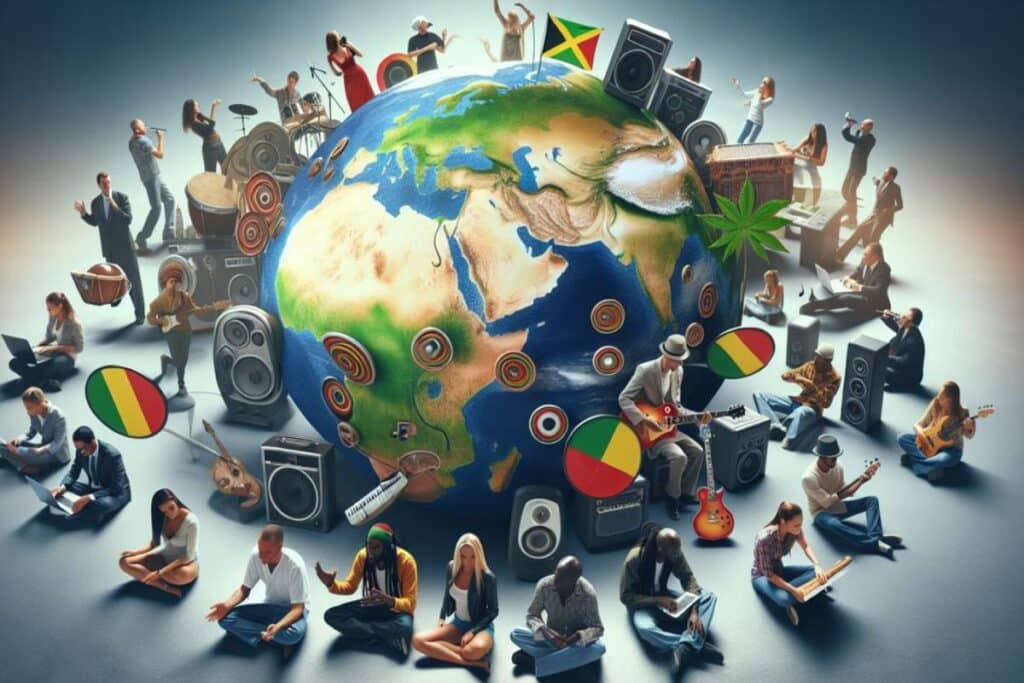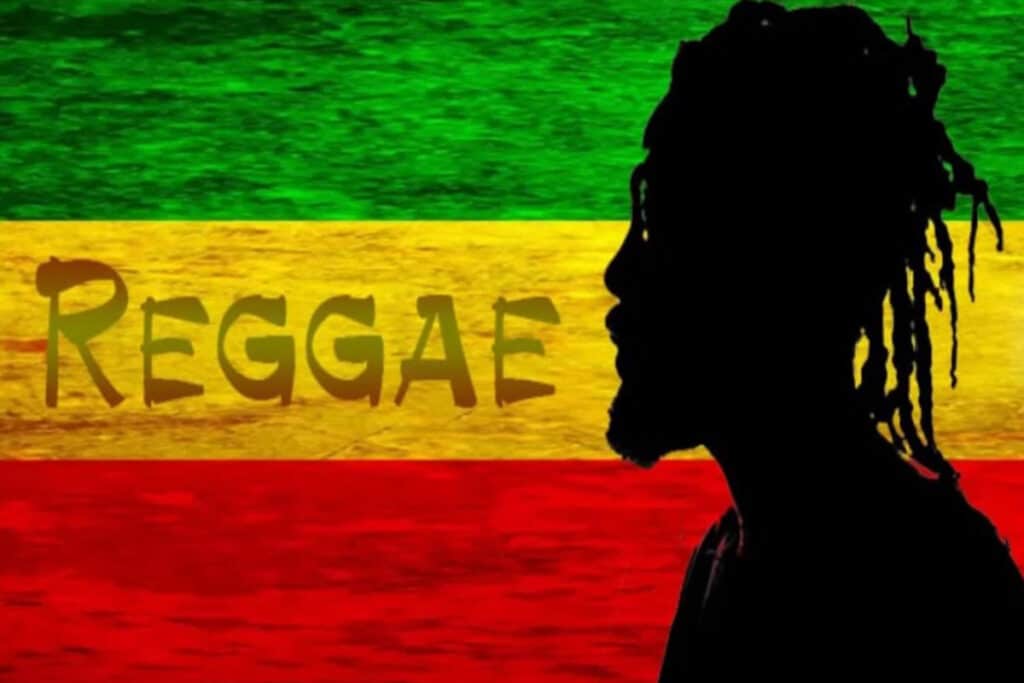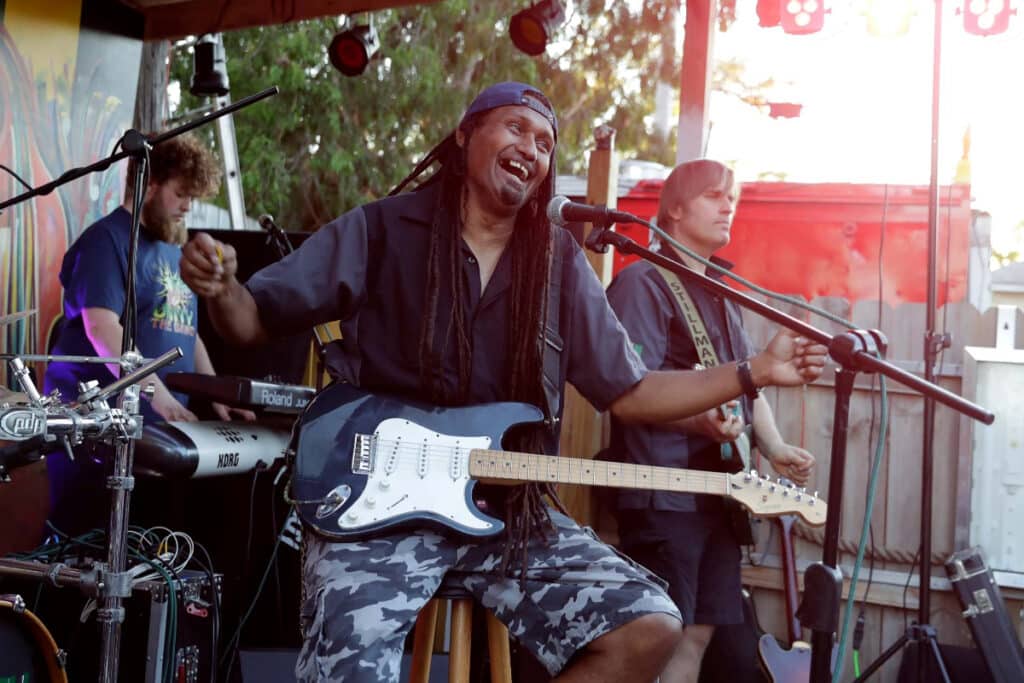Reggae isn’t just music—it’s a living story stitched together from history, culture, and the heartbeat of social change. Born in Jamaica and embraced all over the world, reggae has a rare power to cross age lines and bring people together. Whether you’re dancing at a festival or quietly soaking in lyrics about struggle and triumph, its rhythms connect listeners young and old. It’s an open invitation to step onto a shared journey—a true Lion RootZ Cosmic Journey—where generations meet through music, stories, and values.
The Roots of Reggae
Reggae grew out of Jamaica in the late 1960s, shaped by ska and rocksteady and flavored with rhythm and blues. It gave voice to the hopes and hardships of everyday life on the island. Rastafarian culture left a deep imprint on reggae’s sound and spirit. Its themes—spirituality, resistance, and justice—flow through the lyrics, while artists like Bob Marley carried those messages across the globe, turning reggae into a symbol of strength and hope.
Beyond the words, reggae’s signature beat—the offbeat guitar and heavy bass—makes people want to move. Every groove carries a story, speaking to listeners of all ages. From local street parties to giant international stages, reggae has always celebrated heritage while calling for peace and equality.
Reggae’s Influence on Society

Reggae doesn’t stop at entertainment; it speaks to real-life struggles and dreams. Its soulful rhythms and meaningful lyrics have fueled movements, sparking awareness about poverty, inequality, and violence. Because it tells honest stories, reggae connects with people from different backgrounds, creating empathy and understanding. Festivals celebrating this music draw crowds of every kind, turning shared experiences into bonds of unity.
Icons like Bob Marley used reggae as a megaphone for love, freedom, and resistance to injustice. Decades later, those messages still inspire new generations who use art to stand for justice and equality. Reggae’s impact isn’t just musical—it’s cultural, social, and deeply human.
The Evolution of Reggae
Since its birth, reggae has kept growing and changing. Starting as a mix of ska and rocksteady, it spread far beyond Jamaica, influencing everything from hip-hop to pop. Musicians from around the world have embraced reggae’s warmth while keeping its core message of resilience alive.

With the rise of digital production in the 1980s, reggae branched into sub-genres like dancehall, which brought faster rhythms and bold energy that appealed to younger fans. Today, artists are blending classic roots with fresh sounds—from electronic beats to global collaborations—proving that reggae can stay true to its origins while moving with the times.
Bringing People Together
One of reggae’s greatest gifts is its ability to bridge generations. Whether you’re spinning Bob Marley’s classics or vibing with today’s stars, the music speaks to everyone. At reggae concerts, you’ll see kids dancing next to grandparents, all caught up in the same infectious rhythm. The songs—about love, struggle, and perseverance—tell stories we can all relate to, no matter where we come from.

Reggae also thrives on collaboration. Artists from different genres often team up for festivals, charity shows, or community events, proving that unity isn’t just a theme in the music—it’s how the music is made.
Reggae and Social Justice
From its earliest days, reggae has been a voice for fairness and equality. Born from Jamaica’s fight against hardship, it became an anthem for people everywhere longing for change. Bob Marley and others used their art to challenge poverty, racism, and human rights abuses. Even now, reggae keeps that torch burning. Modern artists mix fresh sounds with the same spirit of activism, reminding us that music can still stand up for justice. Around the world, reggae festivals showcase talent from every corner, all sharing the same values of peace and respect.
Lion RootZ Cosmic Journey captures this heart of reggae—celebrating unity, rhythm, and purpose. As long as there are voices demanding equality, reggae will keep playing its role as a universal language of hope.